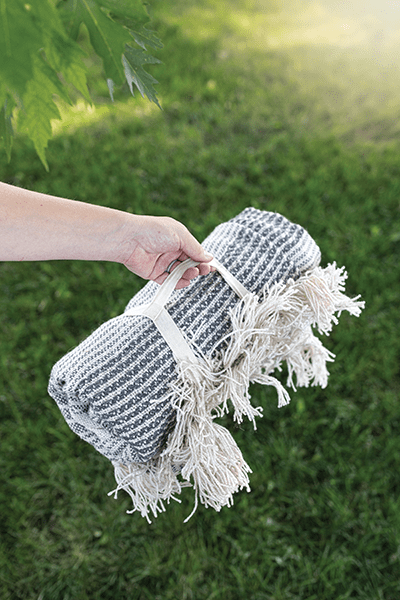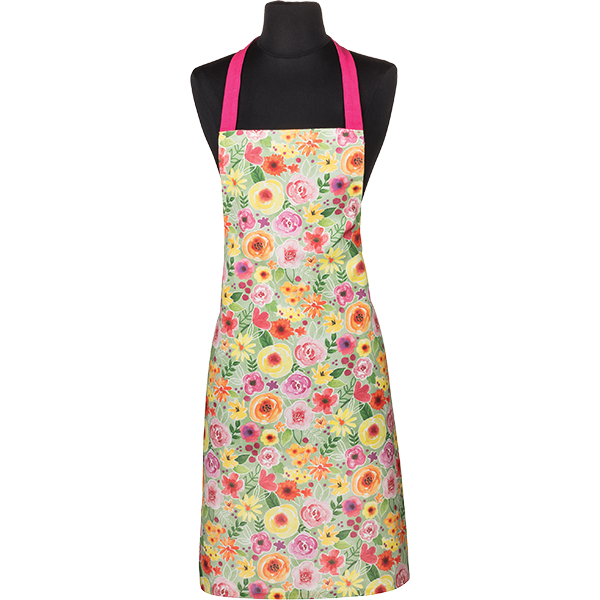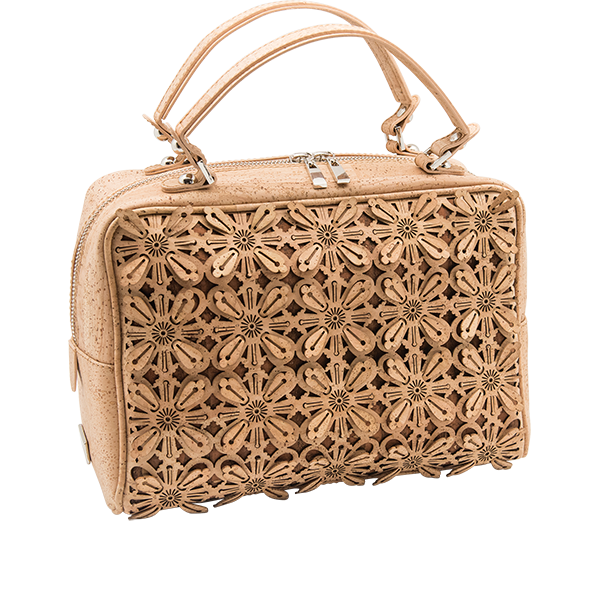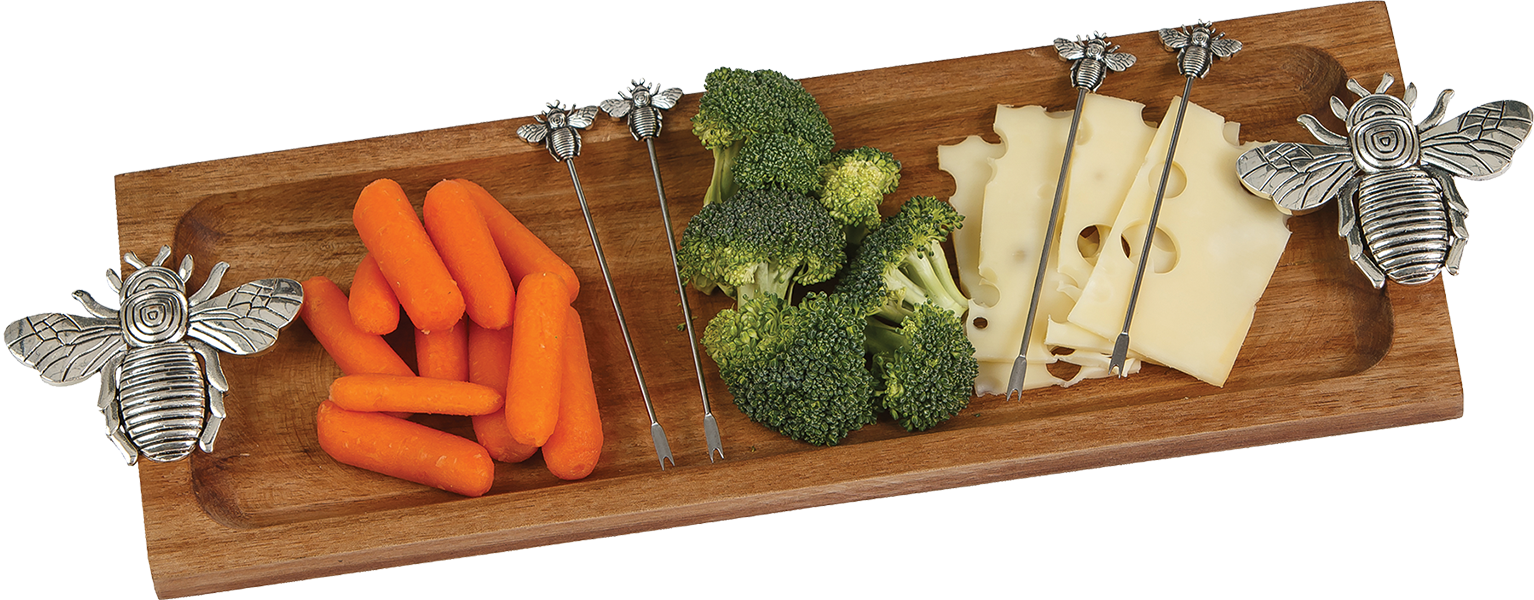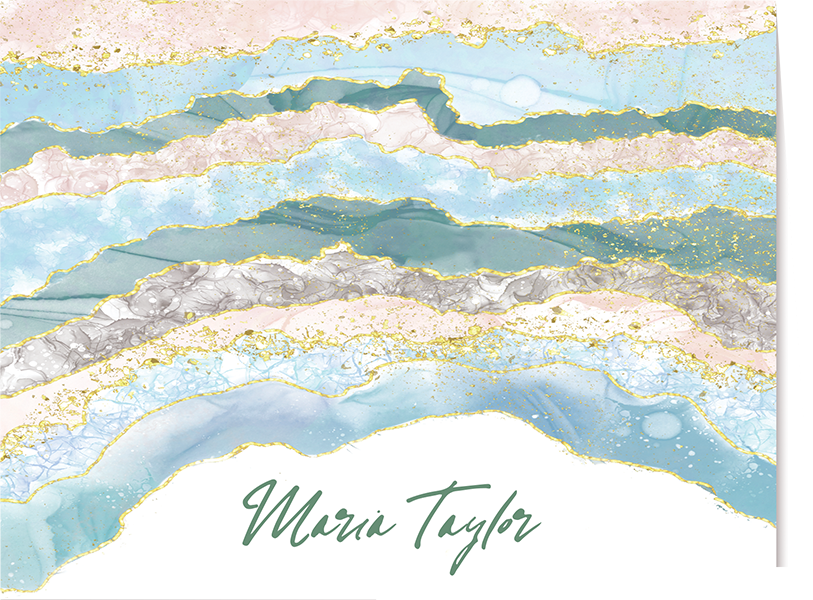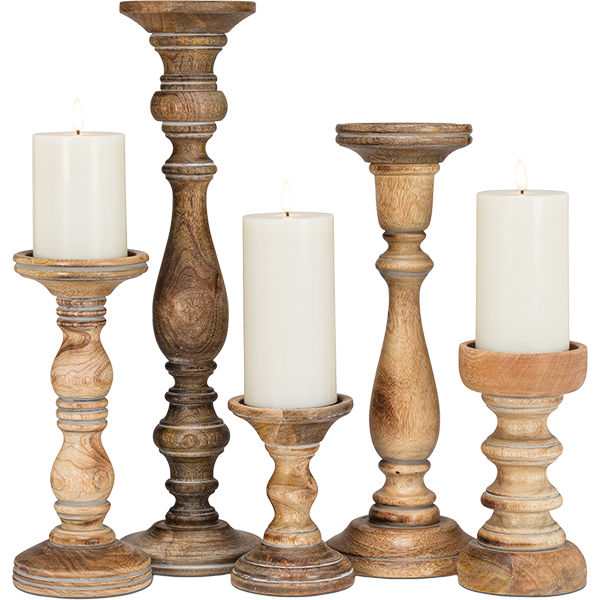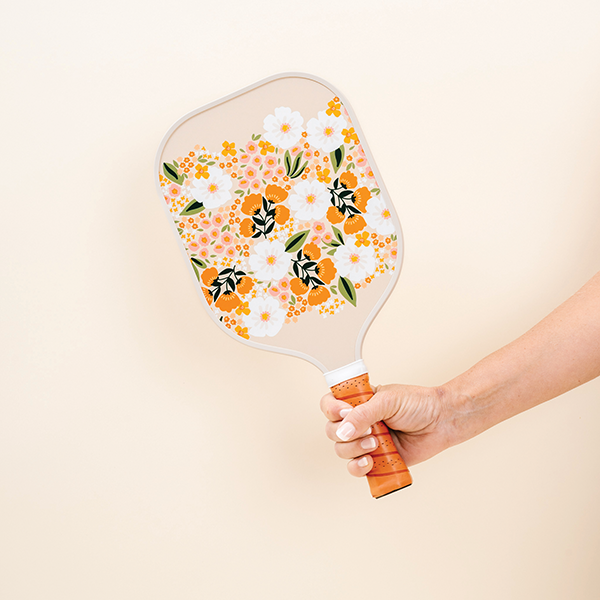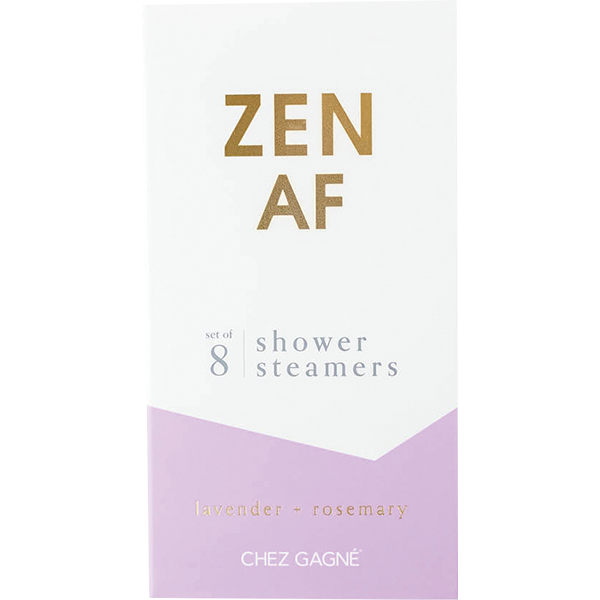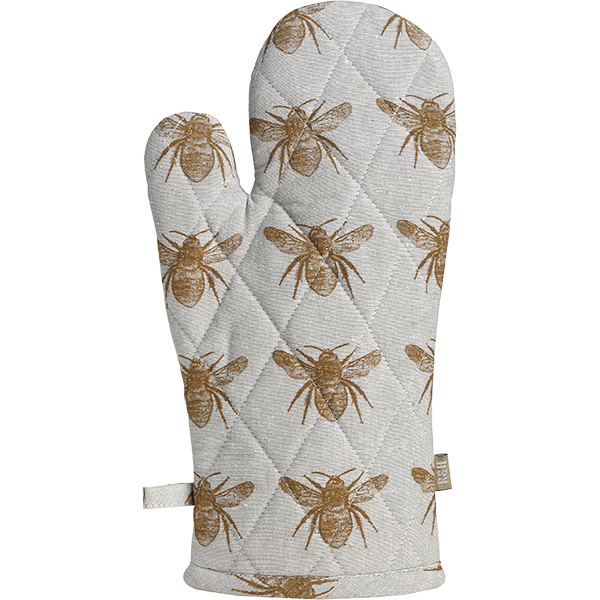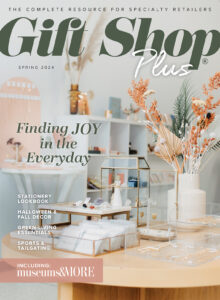Profit From Private Label
Brand reinforcement
It would be safe to say that at least in New England, the Black Dog Tavern on Martha’s Vineyard has quite the following. What started as a simple eatery decades ago is now a roaring business fueled in large part by sales of “Black Dog” merchandise. There are Black Dog sweatshirts, Black Dog mugs, Black Dog T-shirts and more. The success of the operations can partly be attributed to these private label products. In other words, a plain white T-shirt, made well, is good enough but when you put a recognizable logo on it—in this case the picture of the Black Dog—you are selling more than the T-shirt. You are selling the brand.
A private label product is defined as a product bought from a wholesaler with your store name on it. These products sport your store logo and other relevant information, instead of the wholesaler’s name and logo. Private label wholesalers either do the labeling for you or send you product only, with you choosing to handle the last stage yourself, as we will discuss later. In some cases, the wholesaler name is also present on the product but in a slightly less conspicuous fashion.
Private label products have the potential to become walking advertisements for your store all over. Going back to the Black Dog example, imagine a customer wearing his Black Dog shirt in New York. This walking ad might draw say his neighbor to visit the tavern the next time he vacations in Martha’s Vineyard. One customer leads to another customer and yet another.
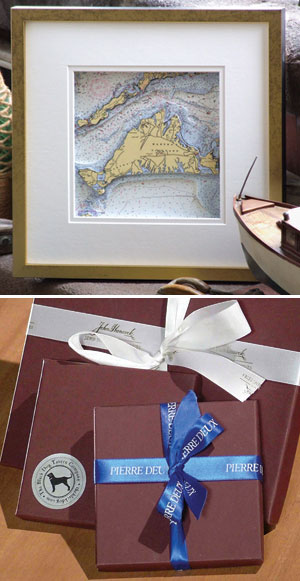 Linda Villano, owner of wholesaler SerendipiTea in Manhasset, NY, points out that private labeling is a way to promote your store unconventionally as your customer may present your store’s private label product as a gift to a friend who then becomes a prospective customer. It’s a nice way to get the word out.
Linda Villano, owner of wholesaler SerendipiTea in Manhasset, NY, points out that private labeling is a way to promote your store unconventionally as your customer may present your store’s private label product as a gift to a friend who then becomes a prospective customer. It’s a nice way to get the word out.
Private label products also encourage repeat business.
Jan-Benedict Steenkamp, a professor of marketing at the Kenan-Flagler Business School at the University of North Carolina, says that private label products can be a reason for a customer to go back to a particular store. “If a consumer likes the private label product of a retailer, that’s a reason to go back since the product can’t be purchased anywhere else,” says Steenkamp who is also the co-author of “Private Label Strategy: How to Meet the StoreBrand Challenge.”
Quality control
If you put your store’s name on a quality product and sell it to your customers, it’s a way of associating your store brand with quality. It helps your store’s image and is a great marketing tool. When your store name is on the label it creates a vision of where the customer was when they bought it, or another pleasant memory. “People want to have a story to go with the products they purchase because now more than ever, they need to have a reason to buy something,” says Suzanne Kyba, director of account services at Door Number 3, an Austin, TX, advertising agency that specializes in product branding. She also says that it comes down to the brand, the reputation, and the brand values of the store that will become that story.
When you put your own label on merchandise offered in your store, your customers are relying on you to have found the best product available, says Kyba. “It’s all about trust,” she says. “Customers trust that retailers are sourcing products that they are going to like and that the items are the best and most unique available. These products will represent your store. Your brand will be kept intact by the products you supply.”
One way to build a customer’s trust with product branding is to know the ingredients. Kyba says that with the green and socially conscious movements, customers want to know what the ingredients in products are and where they are sourced. “Retailers need to be sure that the brands they associate themselves with are in alignment with their own values,” says Kyba.
A markup advantage?
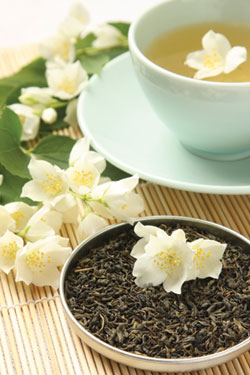 Private label (or store brands) brands at larger stores can be less expensive. Steenkamp says that private label goods are less expensive to develop because most are imitations of national brands. There are other factors that keep the costs at a minimum. “National brands spend a lot of money on innovation and advertising,” says Steenkamp. Private label products sold by manufacturers don’t, and the savings are passed down. Large stores often use this price advantage by choosing to pass these savings on to their customers figuring they’ll make up on volume what they have to absorb in markup.
Private label (or store brands) brands at larger stores can be less expensive. Steenkamp says that private label goods are less expensive to develop because most are imitations of national brands. There are other factors that keep the costs at a minimum. “National brands spend a lot of money on innovation and advertising,” says Steenkamp. Private label products sold by manufacturers don’t, and the savings are passed down. Large stores often use this price advantage by choosing to pass these savings on to their customers figuring they’ll make up on volume what they have to absorb in markup.
While the cost argument would work for big box stores, the verdict on whether it appears to be much of a player in the kind of merchandise that gift stores typically stock, is still out.
Trip Wolfskehl of Screencraft Tileworks says that retailers pick the company’s products because it gives customers a unique product to sell that customers won’t find anywhere else. Screencraft Tileworks offers several products such as coasters, clocks, thermometers, puzzles, magnets and other items that include a distinctive local map of the area your store is located in. “We supply the customized art work, as that’s a huge hurdle for retailers. Then there’s the business basics—we ship full orders (no backorders), on time, at a good price, of beautiful product that sells,” he says. “Most importantly, the product is exclusive to that retailer. For the independent retailer today, it’s all about selling products their customers won’t find anywhere else; not at their competitors and not at the big box stores,” Wolfskehl says adding that while the company does offer volume discounts, price is not one of the key drivers.
Vera Williams at Private Label Products says the company’s prices are very competitive. The Macon, GA company produces and makes available for private labeling, spa grade and at home bath and body products such as moisturizing milk bath, soaps, candles, bath salts, and lip balm. Williams also points out to another advantage the company offers—low minimum orders.
As a gift store retailer, there is a good chance that unlike the big box retailers, you are not competing on price. Whether they are on vacation or shopping locally, Kyba says that shoppers usually aren’t looking for a bargain when they go into a gift shop. Small retailers can’t compete with big discount chains on price and consumers know this when they walk in the door. They’re looking for a shopping experience, or a way to remember the trip, she says. “A little experience that comes along with their product allows them to enjoy it instead of it just becoming a commodity, says Kyba. “It could be as simple as remembering that they bought it at their favorite little gift shop in Greensboro, Virginia, for example.”
If the private label products you select do offer lower prices, you can give yourself a slightly larger markup cushion. Of course you too can always choose to pass savings on to your customer especially in this economy when a penny saved could be a strong motivator to get customers through the door.
Uncommon scents
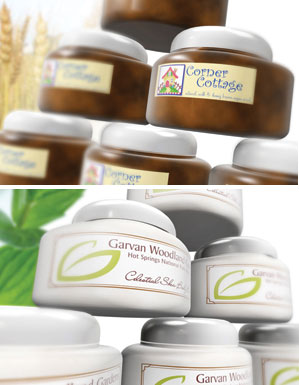 Since bath and body products are often hot sellers in gift shops, they are an easy category to look at when evaluating potential private label products to stock in your store. Roland Neel, president of Private Label Products, Inc., says that retailers working with private label bath and body products stand a good chance to make their store products famous in the local sales area. The company’s shea body butter and brown sugar exfoliating scrub are two big sellers.
Since bath and body products are often hot sellers in gift shops, they are an easy category to look at when evaluating potential private label products to stock in your store. Roland Neel, president of Private Label Products, Inc., says that retailers working with private label bath and body products stand a good chance to make their store products famous in the local sales area. The company’s shea body butter and brown sugar exfoliating scrub are two big sellers.
Lu Ann Trotebas retail manager of Lu Ann’s, located inside the Columbia Gorge Hotel in Hood River, OR, says that the quality of the hand lotion she buys from the company is off the charts. She says that her customers love the quality of the hand lotion and the phone is always ringing with people asking if she has it in stock. “The quality is so good that I can premium price it and get a good markup,” Trotebas says.
She displays it in a featured location in her store and in the customer restroom where she knows many customers will use it after washing their hands. “People try it, they like it, and they buy it,” she says.
Judy Havelka Enterprises, Ltd., based in Fort Worth, TX, offers botanicals, diffusers, candles, linen sprays, and more as private label options. Their top client sells $180,000 of one of their fragrances every year—and that’s just the wholesale price.
A write way to go
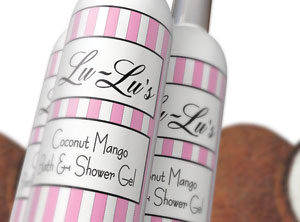 Any product in the regular line at Mary Phillips Designs can be purchased by retailers for private label. Based in Raleigh, NC, the company sells cocktail napkins, notepads, sticky notes, purse pads, beverage cozies, greeting cards, coasters, wine glasses and totes, tee shirts, magnets, and travel and coffee mugs. “Store owners and managers know their customers better than anyone else. If they see a high demand for a certain trend, color, or price range, they can take advantage of that information and create something they know will be popular amongst their target market,” says Grace McIntyre, business development manager. As an example, she points out that for the past four years the company has designed pajama pants that might appeal to wine enthusiasts, for a retailer’s holiday catalog.
Any product in the regular line at Mary Phillips Designs can be purchased by retailers for private label. Based in Raleigh, NC, the company sells cocktail napkins, notepads, sticky notes, purse pads, beverage cozies, greeting cards, coasters, wine glasses and totes, tee shirts, magnets, and travel and coffee mugs. “Store owners and managers know their customers better than anyone else. If they see a high demand for a certain trend, color, or price range, they can take advantage of that information and create something they know will be popular amongst their target market,” says Grace McIntyre, business development manager. As an example, she points out that for the past four years the company has designed pajama pants that might appeal to wine enthusiasts, for a retailer’s holiday catalog.
Gourmet goods
Gourmet foods are another popular private label category. Reid Foods, Inc.’s offers gourmet jams, salsa, pasta sauces, dessert toppings, dry and condensed soups, dips, and gift sets for private labeling. Based in Gurnee, IL, owner Maria T. Reid will also formulate and mass-produce a retailer’s recipe where it is then co-packed into jars or bottles with the private label. Labels for both private label and co-packed products can be designed, printed, and applied by the producer, or retailers can provide their own.
Premium grade loose tea and tisane can be purchased from SerendipiTea in Manhasset, NY. Linda Villano, owner, says that they package and ship without labels for private label customers. “The customer is responsible for that last step,” she says.
Candy Martin-Lynch, gift shop manager at Mohonk Mountain House in New Paltz, NY says that afternoon tea and cookies have been served since the resort’s founding in 1869. She adds that it remains one of the signature pastimes and the Mohonk tea is a hallmark of the tradition. “Guests often ask where they can purchase the tea they enjoyed during afternoon tea cookies,” says Martin-Lynch. Selling the tea at the gift shop is a revenue opportunity and allows guests to take home a memory of Mohonk Mountain House.
The tea is sold exclusively to the gift shop by a distributor and the store packages it with its own label.
“It is our hope that each time [our guests] sit down to a relaxing cup of tea they’ll think of the great time they had here,” she adds. The tea is shelved on a wicker display in the gourmet food section of the shop.
Tag, you’re it
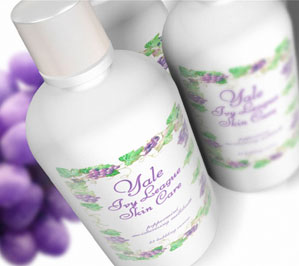 Private label merchandise can be labeled at the warehouse or in your store. Neel, of Private Label Products, says that the company has an in-house art department that creates artwork for customers. Retailers have thousands of previous artwork to choose from and are welcome to submit fresh ideas, both at no charge. “We lay out what we think the customer wants and they tell us whether we’re right or wrong. When we get it right, the customer initials it. Even if we have to go back 100 times, there is still no charge,” he says.
Private label merchandise can be labeled at the warehouse or in your store. Neel, of Private Label Products, says that the company has an in-house art department that creates artwork for customers. Retailers have thousands of previous artwork to choose from and are welcome to submit fresh ideas, both at no charge. “We lay out what we think the customer wants and they tell us whether we’re right or wrong. When we get it right, the customer initials it. Even if we have to go back 100 times, there is still no charge,” he says.
The labels are professionally printed on site, stored in the warehouse, and adhered to the products before they are shipped to retailers.
“Our designers can create custom labels incorporating the customer’s logo, or we can use one that they provide,” says McIntyre from Mary Phillips Designs. Additionally, they can print the labels, send them to a printer, or the retailer can print them. “If it is for a large quantity or a unique size and shape, we send them to a professional printer as opposed to doing them in-house,” adds McIntyre.
Havelka Enterprises has two different size labels that fit on their products—round and oval—but the oval fits only the botanical refresher spray oil. The company’s graphic artist designs the labels and forwards it directly to their label producer for proofreading and printing. Havelka recommends that retailers buy enough labels so that half can be sent to the store and the other half used on their shopping bags. “That way, they are branding everything in their store. We believe that a double-handed shopping bag is the best marketing advertisement that a retailer can have,” she adds.
Maria Reid of Reid Foods says customers can elect to put their own labels on the products, or the company can do it for them.
SerendipiTea products are shipped to retailers without labels. “The customer is responsible for that last step,” says Villano.
Looking beyond labels
Of course private label products can be customized in ways beyond adding a store label to a product. For example, Screencraft Tileworks offers several products such as coasters, clocks, thermometers, puzzles, magnets and other items that include distinctive local maps. “The maps fit that hard-to-find men’s gift category quite nicely, says Trip Wolfskehl, co-owner of the Providence, RI-based company. “But for retailers that like the coasters and want to expand on a coastal theme, for example, they offer stock images that can be name-dropped to be made local.
The company Ancient Graffiti with production offices in Middlebury, VT, will customize products for shops in a variety of ways. For example, if your store is located in an area known for its elk or moose, walking sticks (or any of the other products the company wholesales) can be customized with pictures of the specific animal.
Private label products market your store and carry your branding message far and wide. If you have an established store logo (or even if you don’t), it might be worth extending your marketing message to at least a few of the products you carry. Why not give them a try?













